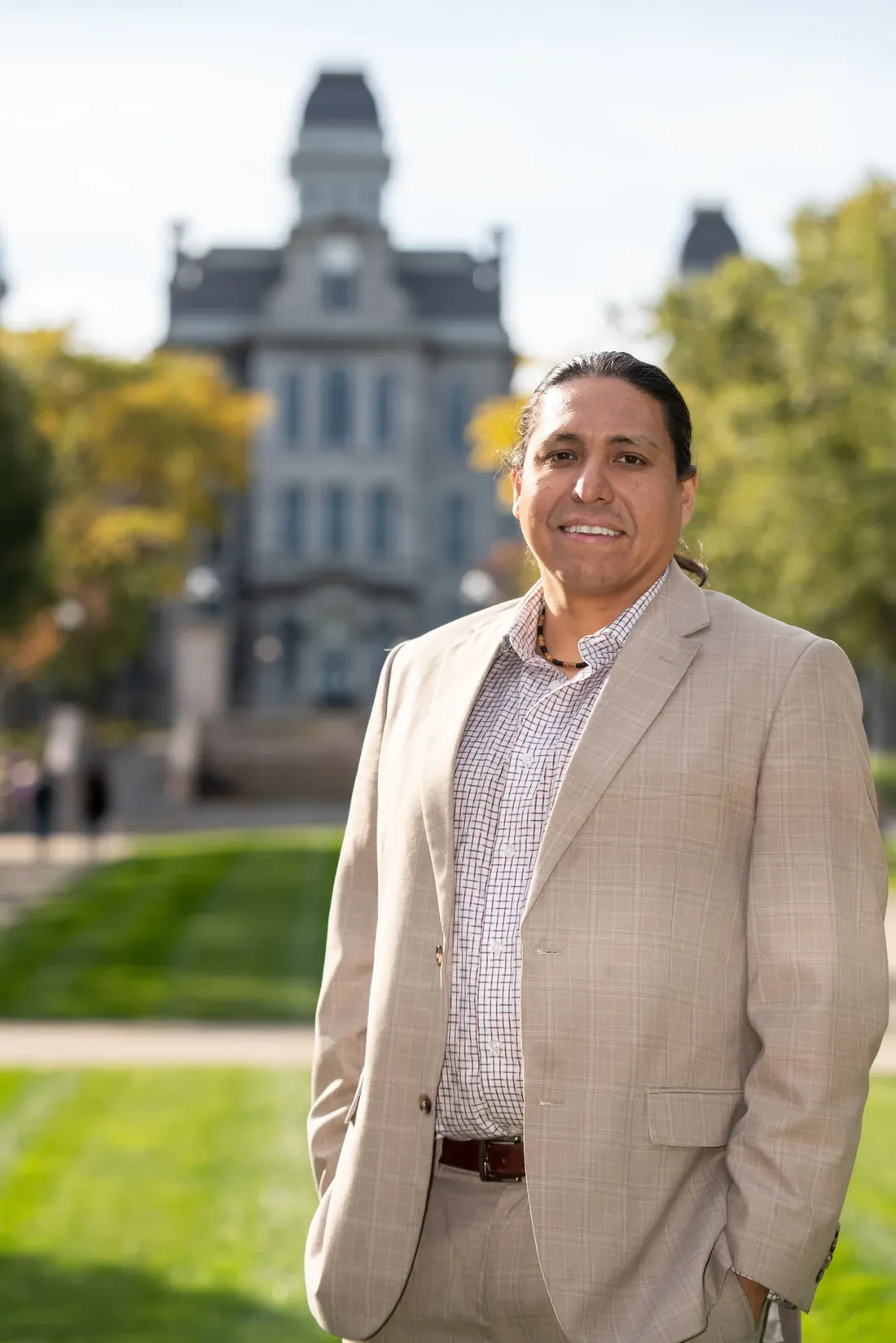The Office of the University Ombuds launched in February 2018 and provides University staff, faculty and graduate students a place to go outside of formal institutional channels to address work-related concerns or questions openly and without fear of retaliation or judgment.
Differences from Formal Offices
The Office of the University Ombuds differs from other formal offices, such as the Office of Human Resources, the Office of Equal Opportunity Inclusion and Resolution Services, the Office of University Counsel, or Risk Management—in that those offices can investigate situations, leverage decisions and enforce and set policies. Also, formal offices, such as Human Resources, offer informal conversations and mediation but the discussions may not be considered confidential.
While the ombuds has no authority to take formal action in response to complaints, the ombuds may provide the visitor with relevant information or help to identify formal options available to them in order to move toward resolution.

About the Ombuds
Neal Powless G’08 serves as the University ombuds. Powless is a Ph.D. candidate in the S.I. Newhouse School of Public Communications. He earned a bachelor’s degree in psychology at Nazareth College and a master’s degree in counseling at Syracuse University. A National Certified Counselor, Powless previously served as assistant director of the Native Student Program in the Office of Multicultural Affairs and a career counselor with the Center for Career Services.
